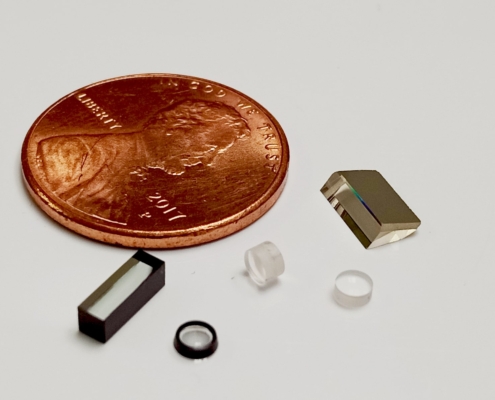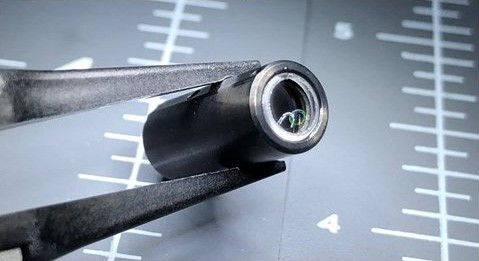POC devices also allow a more patient focused approach and self-monitoring which leads to more effective care. The trend of adapting larger centralized lab devices for use in patient monitoring and diagnosis is well documented for hematology and bio-chemistry applications. However, shrinking clinical lab tools to a usable POC or bench top device delivering equal or improved analytical performance is challenging.
Athelas, www.athelas.com, Mountain View, CA, developing the next generation of immune POC devices, sought a new approach for monitoring white blood cells (WBC) and neutrophil percent (NEUT% ) using a finger prick of blood. The traditional approach used coulter counting or flow cytometry-based tools. The Athelas One device uses computer vision with custom optics for high precision analysis based on blood cell imaging.
Looking to improve precision in cellular identification, Athelas, worked with FISBA, www.fisba.us, based in Portland, ME, to redesign the optical path and improve image size and resolution.
Athelas and FISBA collaborated on the development of a unique optical architecture using a combination of off-the-shelf components. The optical path length was reduced by more than 2x and the field-of-view was increased by 30%. Using agile development techniques, more than 4 hardware iterations were completed in 3 months. The design was transferred, and the client has begun building pre-production prototypes. The Athelas One is now FDA Cleared for WBC and NEUT% monitoring in point-of-care settings.
Coupling machine learning and AI with innovative optical-mechanical designs for diagnostic devices will advance point of care testing globally. As with the Athelas One, the ability to replicate lab size diagnostic machine performance, at the point of care, improves patient outcomes and advances major initiatives in companies and communities devoted to living better lives.





